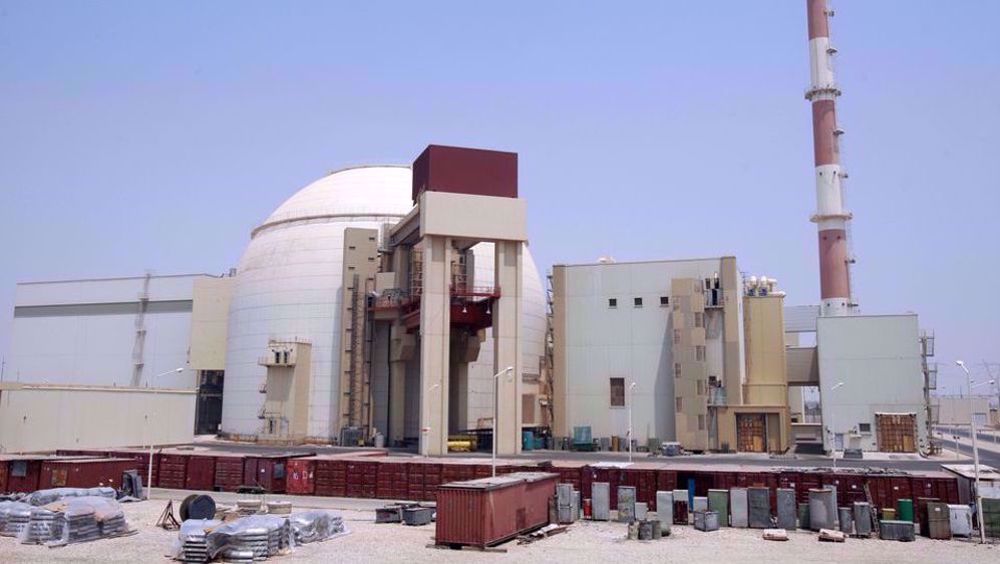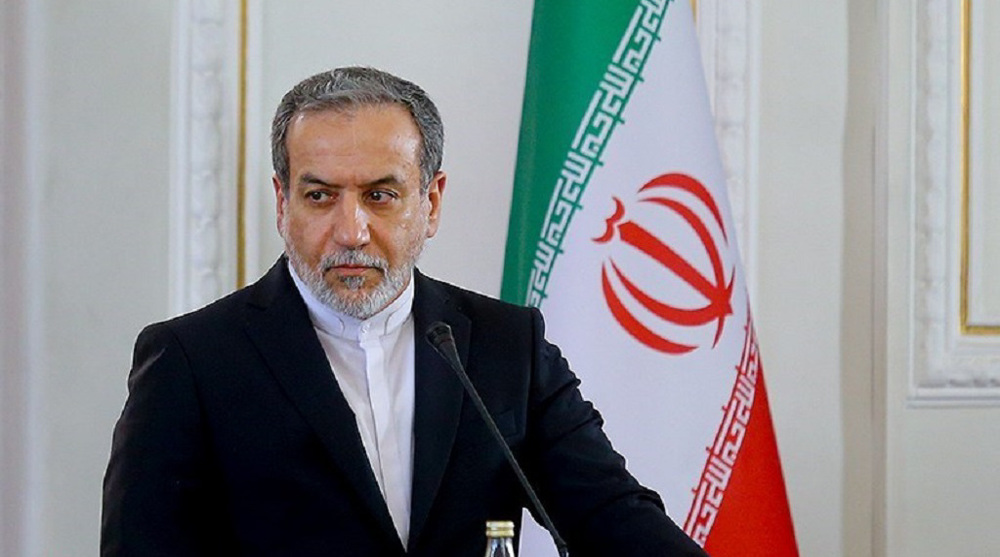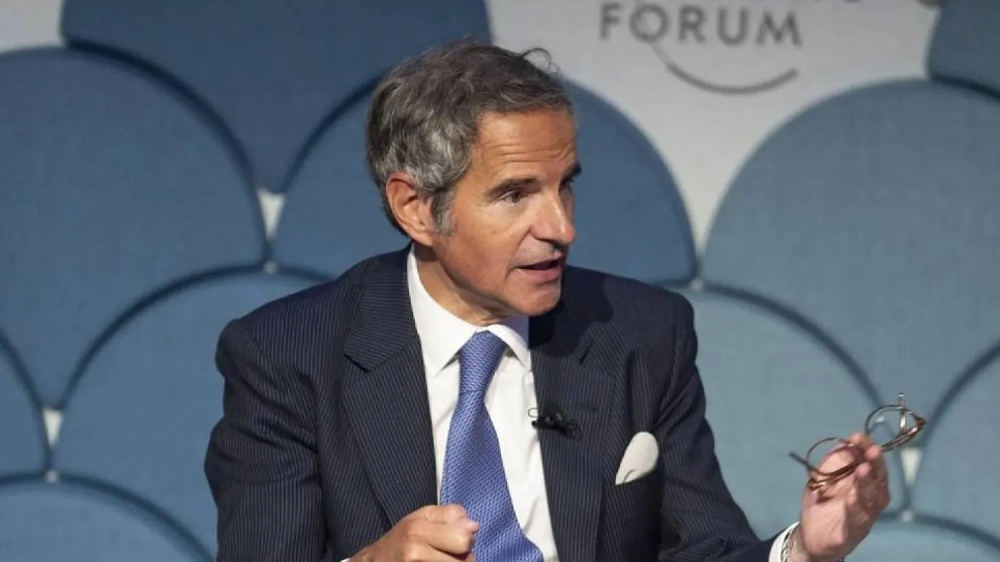Iran N-case must be brought back to IAEA: Official
The case over Tehran’s nuclear program must referred back to the International Atomic Energy Agency (IAEA) or a final nuclear deal between Tehran and six world powers cannot be implemented, says an Iranian official.
“Iran’s issue must be raised at the IAEA as an ordinary case or else it would be impossible to implement an agreement,” Iran’s Ambassador to the IAEA Reza Najafi said in at an exclusive interview with the Islamic Republic of Iran News Network late on Wednesday.
He added, “The IAEA’s announcement that there are no undeclared [nuclear] sites or activities in Iran relates to the implementation of the Additional Protocol – something which is time-consuming."
"This issue, given the volume and type of [nuclear] facilities, has taken several years in other countries.”
Najafi further noted that the April 2 mutual understanding between representatives from Iran and five permanent members of the UN Security Council – the United States, Russia, China, France, and Britain plus Germany - in the Swiss city of Lausanne does not condition the removal of anti-Iran sanctions on the IAEA’s announcement that there are no undeclared nuclear activities in Iran.

The senior Iranian nuclear figure also termed IAEA’s duties as technical, underlining that IAEA, under the terms of the Lausanne accord, is obligated to oversee whether the measures taken by Iran are line with a final deal over Tehran’s atomic energy program.
He dismissed the latest remarks by IAEA Director General Yukiya Amano that Iran must first take transparency measures regarding all its nuclear activities in order for the world atomic agency to submit its reviews to the Security Council.
“Under the Swiss statement, the IAEA is [only] required to verify [the activities], for example [verify] that Iran has had no uranium enrichment above the five-percent purity level. Such IAEA corroboration denotes that sanctions must be lifted simultaneously,” Najafi pointed out.
He said all EU and US sanctions against Iran over its nuclear program must be lifted as part of a final deal.

In his Tuesday interview with the Associated Press, Amano claimed that a nuclear agreement being worked on by Iran and the P5+1 countries would give the IAEA experts the right to push for access to Iranian military sites.
He said Iran specifically agreed to implement the IAEA’s Additional Protocol when it reached a mutual understanding with six global powers in Switzerland in April.
“In many other countries from time to time we request access to military sites when we have the reason to, so why not Iran?” he said. “If we have a reason to request access, we will do so, and in principle Iran has to accept it,” the IAEA head said.
Iran has repeatedly stressed that it will not allow inspections of its military facilities and insists that the nuclear deal must only include nuclear issues.
Amano’s remarks come as representatives of Iran and the six countries are engaged in a new round of expert-level talks in the Austrian capital of Vienna on drafting the text of a final deal over Tehran’s nuclear program.
Iran and the P5+1 countries are seeking to finalize a comprehensive deal on Tehran’s nuclear program by the end of June.
MP/NN/HMV
Hamas to release four female Israeli forces in exchange for ex-resistance commander
VIDEO | Press TV's news headlines
One million homes without power as Storm Éowyn batters UK, Ireland
UN blasts Israel’s use of ‘war fighting’ methods in West Bank's Jenin
VIDEO | Hamas publishes video of killing Israeli forces responsible for Yahya Sinwar’s assassination
US mercenary firms to take charge of key Gaza checkpoints: Report
‘Largest deportation in history’: US arrests, deports hundreds of immigrants under Trump
Iran censures West's double standards, unfair human rights mechanisms










 This makes it easy to access the Press TV website
This makes it easy to access the Press TV website